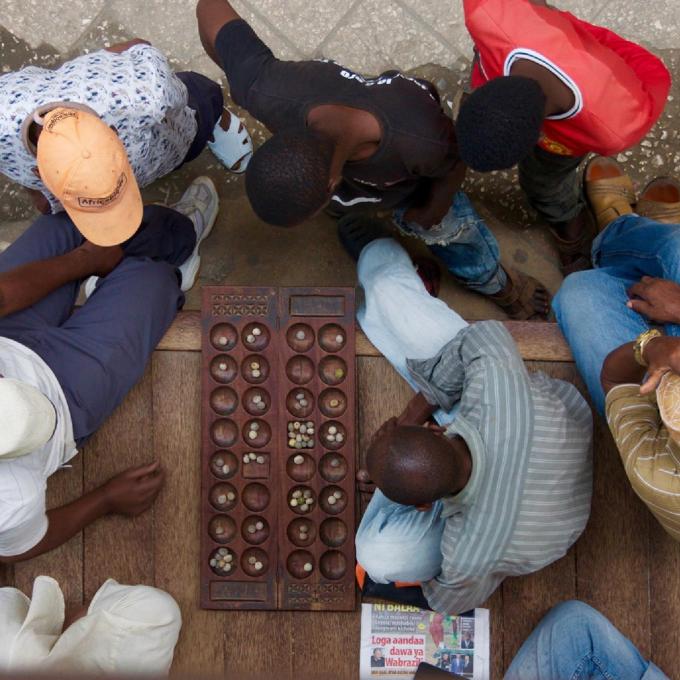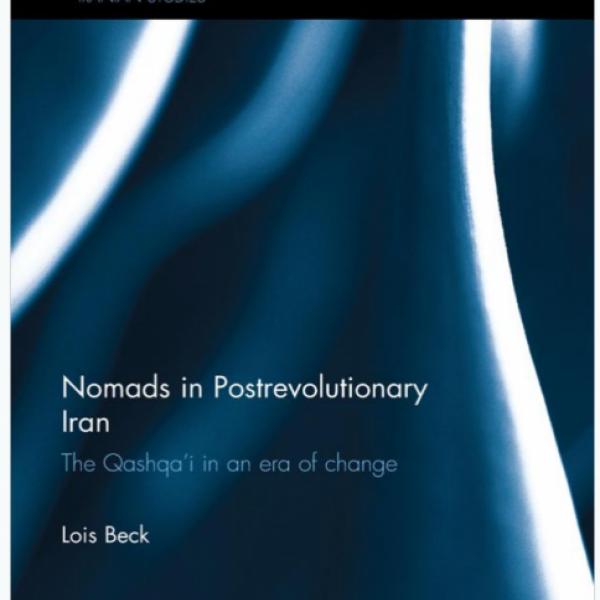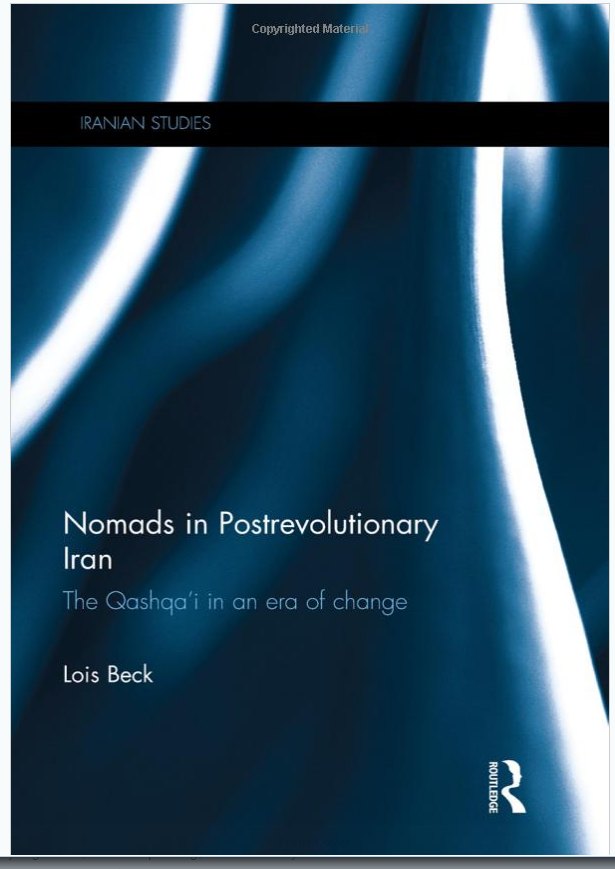Professor Beck conducts anthropological field research among Qashqa'i nomadic pastoralists in Iran.
Beck combines the results of this research with her ongoing historical study of the Qashqa'i tribal confederacy as it emerged and has changed during the past two centuries. In addition to using archival sources, she especially relies on her collection of oral histories from Qashqa'i people in Iran and in exile in Europe and the United States. As part of her research in Europe in the past seven summers, she has interviewed members of the Qashqa'i tribal elite in exile. They discuss Qashqa'i history and especially the participation of these elite in the rapidly changing political climate in Iran. In 1995, 1996, and 1997 she continued her research in Iran among Qashqa'i nomadic pastoralists in their winter and summer pastures. She is currently revising a previously published book on Qashqa'i history and is writing several new books, one on tribal politics and another on the strategies of nomads in the postrevolutionary period. Partly because only several Americans have been allowed to conduct research in Iran since the revolution in 1979, she also writes about changes in Iranian society in general, particularly the rural sector and the role of women in the Islamic Republic.
The research foci of students whom she assists include: Islam and politics, ecological adaptations among nomads and settlers in eastern Iran, and the implications of the introduction of formal education for Qashqa'i nomads. The graduate student who recently conducted research in Iran on formal education was funded by research grants from NSF, the Social Science Research Council, and Sigma Xi.
Beck is also part of the Center for the Study Islamic Societies and Civilizations, a diverse group of people in many disciplines.
Her courses include political anthropology, social change, Islam and politics, peoples and cultures of the Middle East, ethnicity and religion in the Muslim world, and the anthropology of gender. In her favorite course, writing culture, students do short-term ethnographic research projects in St. Louis and experiment with different ways of writing about their observations.





